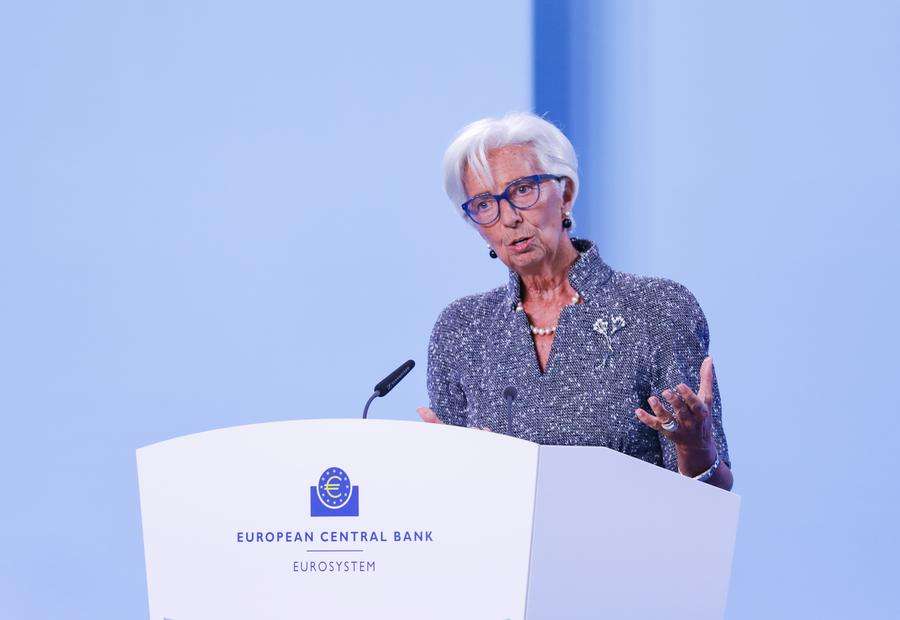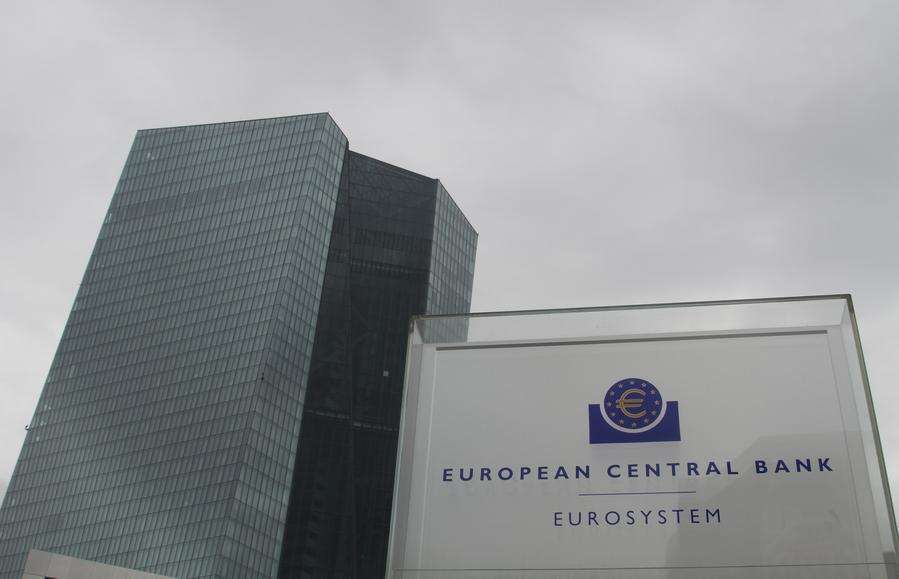FRANKFURT, Oct 24 - Some European Central Bank (ECB) rate-setters have floated the idea of a possible 50 basis point rate cut, signalling a shift in focus from inflation concerns to growth problems in the eurozone.
According to the Governor of the Bank of Portugal Maria Centena the possibility of such a reduction could be considered at the ECB's December meeting, when the central bank will decide on its next course of action. In an interview with CNBC on Wednesday, Centeno cited recent data that could support a more aggressive rate cut.
Eurozone inflation unexpectedly fell in September, prompting the ECB to cut key interest rates by 25 basis points last Thursday. This was the third rate cut this year and the first consecutive rate cut in 13 years.
Although the President of the ECB Christine Lagarde insisted that the rate cut was based on the view that "the disinflationary process is well on its way", speculation is growing in the market about a possible 50 basis point rate cut in December.

President of the Dutch central bank Klaas Knot expressed his belief that inflation would return to the target level sometime next year and noted that a 50 basis point rate cut should not be ruled out in December.
By contrast, the head of the Austrian central bank Robert Holzmann believes that, based on current data, a 50 basis point rate cut in December is unlikely.
Inflation in the euro area fell sharply to 1.7 % in September from 2.2 % in August. This is the first time since mid-2021 that inflation has fallen below the 2% target.
After the Governing Council meeting last Thursday, Lagarde admitted that the inflation figure was a surprise. "I'm not sure we expected the 1.7 percent figure, and neither did anyone else."
An ECB survey of professional forecasters published last Friday revised the expected inflation for 2025 down from 2 percent to 1.9 %.
Lagarde stressed that the fight against inflation is not over and it is still premature for the central bank to claim victory.
The euro area economy stagnated during 2023 and experienced a slow recovery in 2024. While Lagarde dismissed fears of a recession, she acknowledged that economic activity was weaker than expected.
Concerns are growing that the current restrictive monetary policy may slow the fragile economic recovery.
Knot told CNBC television that the ECB should be concerned about both undershooting and overshooting the targets. He noted that the ECB may continue to cut rates until it reaches a neutral stance, which is defined as neither expansionary nor contractionary, especially if the December projections align with further deterioration in economic data.

There have been calls for the ECB to cut its key interest rate to a neutral rate, also known as the natural rate, which is neither expansionary nor contractionary. According to an ECB study published in September, the natural rate is not constant over time and was close to zero during 2010 (equivalent to a nominal rate of two per cent).
As the current base rate remains significantly higher than the neutral rate, analysts anticipate that the ECB will need to make further cuts in the future to get to a neutral level quickly.
Xinhua/ gnews - RoZ
PHOTO - Xinhua/Zhang Fan, Shan Weiyi



